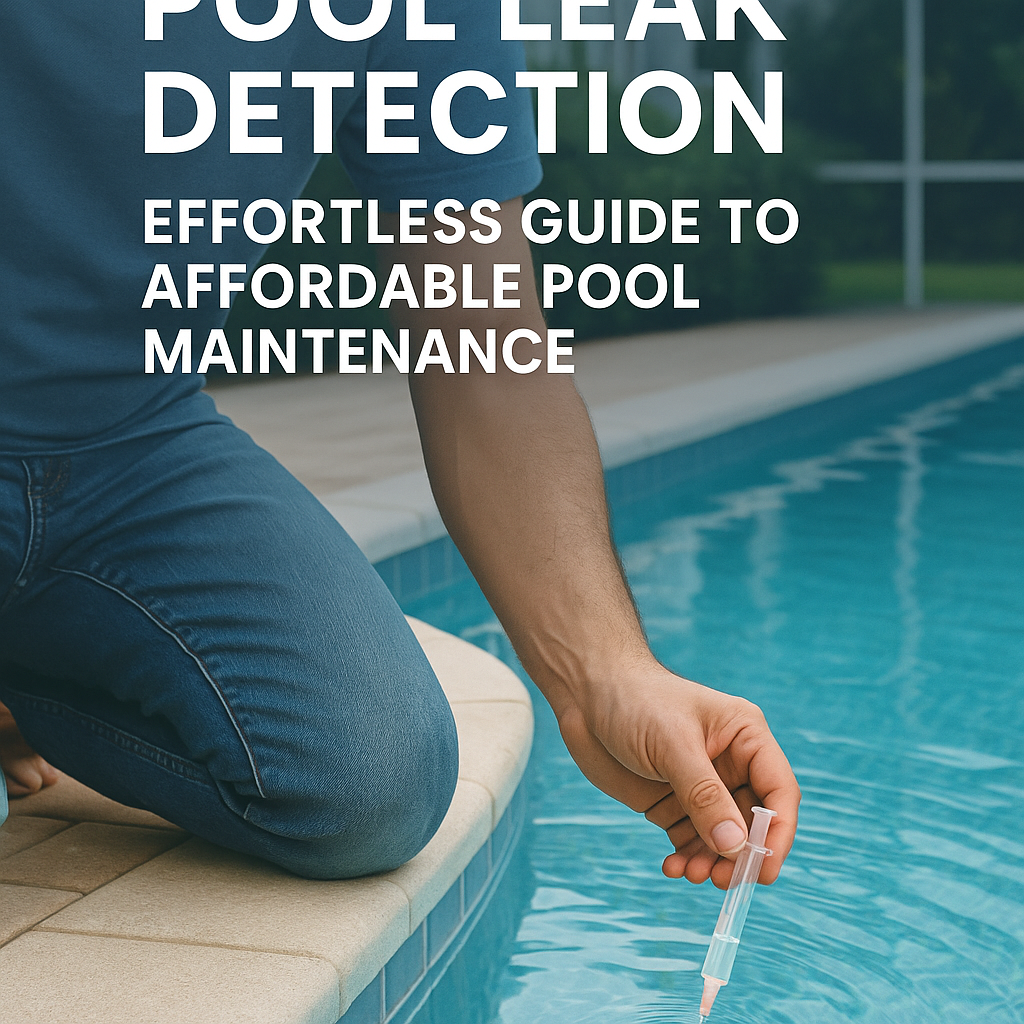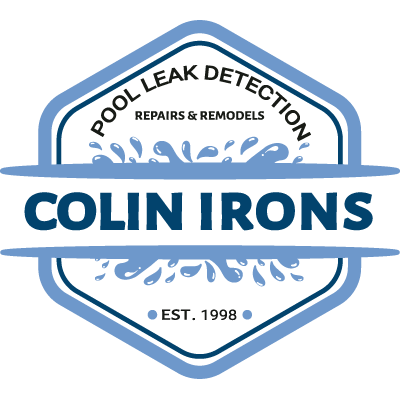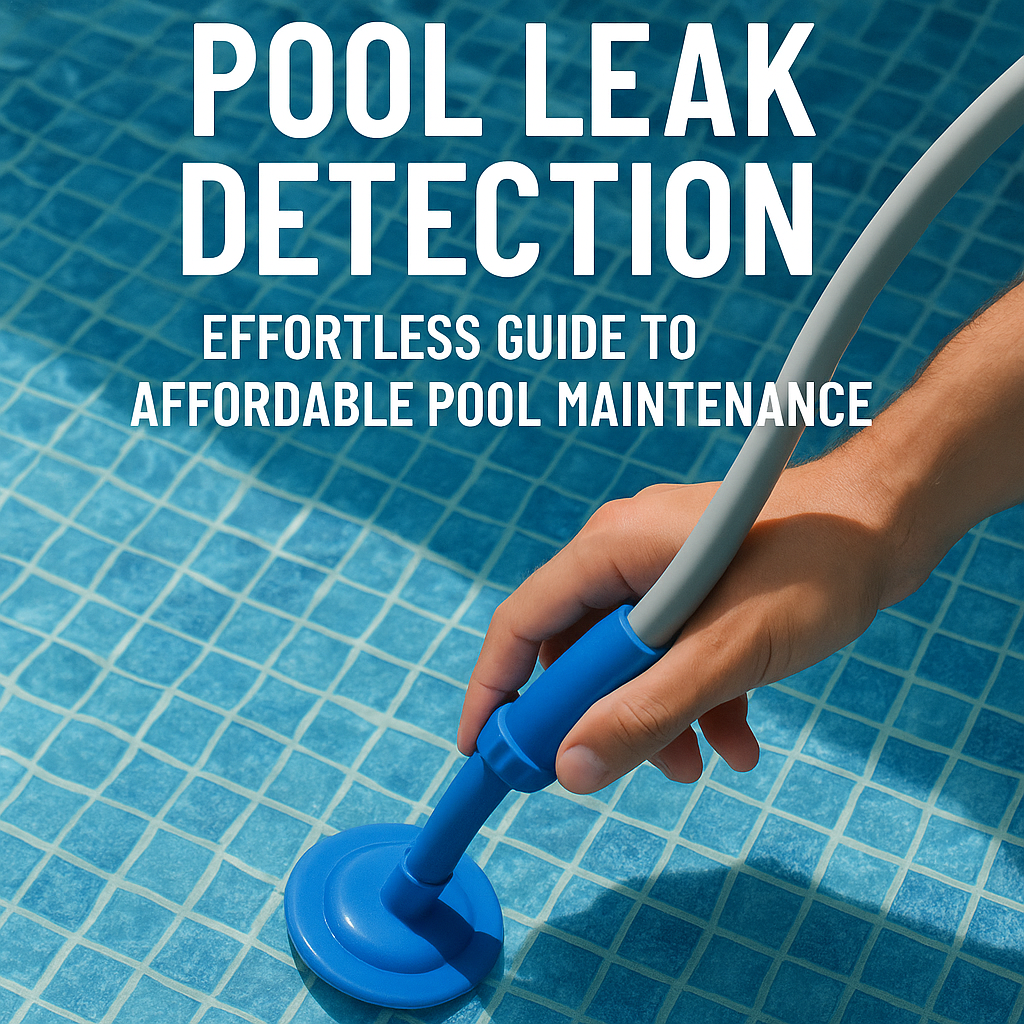Pool leak detection is a critical step in affordable pool maintenance. Not addressing this issue promptly may put you on the receiving end of shockingly high water bills, not to mention the devastating costs you may incur in repairing the damage that a hidden leak could cause. Thankfully, with the right knowledge, you won’t need to hire a professional for every minor leak that pops up in your pool. So, to save you time and money, we’ve compiled an effortless guide to provide practical solutions to your potential pool leak problems.
The Importance Of Early Pool Leak Detection

The significance of early pool leak detection cannot be understated. A small crack today could evolve into a larger complication tomorrow. Relying only on visible signs such as water puddles around the pool or a rapid decrease in water levels could imply a late response. By then, the leak may have already caused extensive damage.
Further, a leaking pool could greatly disrupt the balance of the pool chemistry. Leakages affect the concentration of chemicals in the water, affecting the pH balance, thereby leading to potentially unsafe swimming conditions. So, beyond the cost considerations, early pool leak detection is a matter of safety.
Identifying and Locating Leaks
First, you must rule out the nature-related factors that could make you wrongly suspect a leak. A clear understanding of evaporation rates and splash-out factors will prevent misjudgments. If you’re losing more water than what’s average for your area’s evaporation rate, it’s probably a leak.
Once you’re certain of a leak, the next step is to identify its location. The leak could be in the pool shell or the pool plumbing – it’s important to know where specifically to target your pool leak repair efforts. Start by analyzing the pool shell for any visible signs like cracks or splits. If you can’t find any, the leak might be within the plumbing.
Pool Leak Detection – DIY or Professional Service?
If you fancy a bit of hands-on work and are comfortable with a potential trial and error process, a DIY route might be ideal for you. Bucket tests, dye test, or pressure tests are some popular methods for pool leak detection at home.
However, if the thought of getting your hands dirty doesn’t appeal to you, or if you don’t have the time or patience, seeking professional service might be a better option. In some cases, the leaks could be complicated, and wrong steps could simply exacerbate the problem. A professional pool leak detection service will come equipped with advanced tools such as hydrophones, tracer gases, and even thermal imaging to pinpoint and seal the leaks.
Pool Leak Repair – Quick Fixes to More Complex Solutions
Once the leaks are detected, it’s time for some pool leak repair. For smaller leaks in the pool liner, a simple vinyl patch kit can do the job very effectively. It’s as simple as applying a patch over the leak, just like you’d patch a bicycle tire.
In some cases, leaks might be present in the plumbing system or the pool’s structure. These leaks might require more complex solutions like replastering a portion of the pool or replacing a section of the plumbing. Such repairs can be quite difficult to handle on your own and might require professional help.
Proactive Pool Maintenance – Prevention is Better than Cure
As the age-old adage goes, prevention is better than cure. You can significantly cut down on pool leak detection and pool leak repair costs by having a proactive pool maintenance routine. Regularly inspect your pool for signs of wear and tear, keep the water chemistry balanced, clean out filters and baskets, ensure the skimmers are functioning correctly – these simple steps go a long way in maintaining your pool’s health.
In Conclusion
Keeping your pool in tip-top shape does require a degree of dedication, but the payoff is worth it. By employing timely pool leak detection and repair strategies, you can not only avoid damage to your pool but also ensure your family’s safety while avoiding exorbitant water bills. So, whether you’re a fan of the DIY approach or you’d rather leave it to the professionals, there’s no reason to put off any potential pool leak issues. The sooner you tackle them, the smoother your swimming experience will be.


